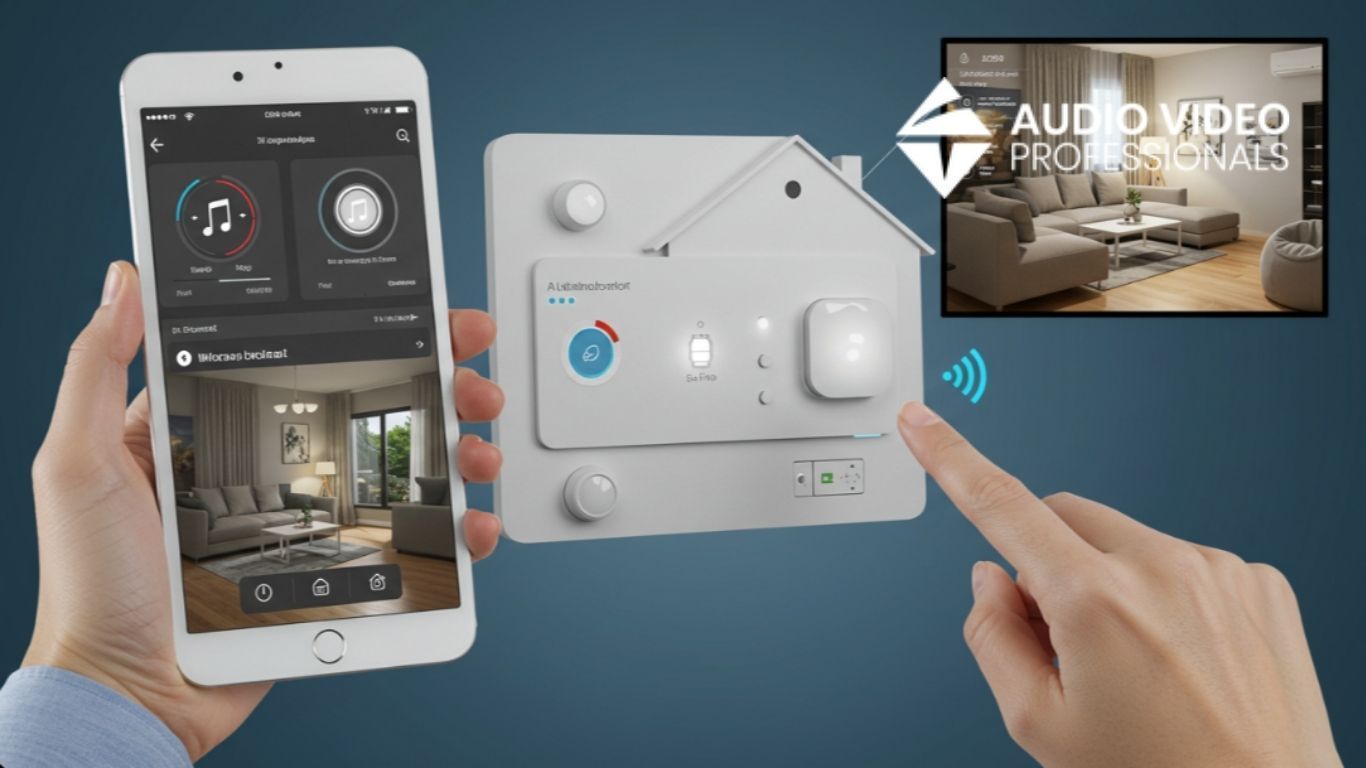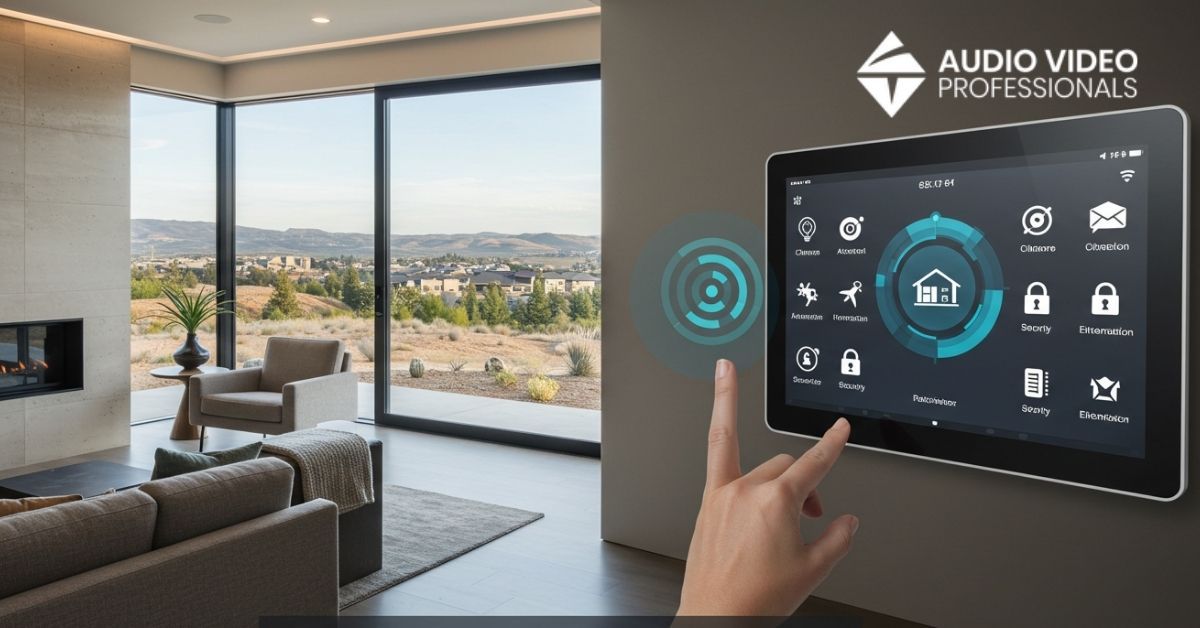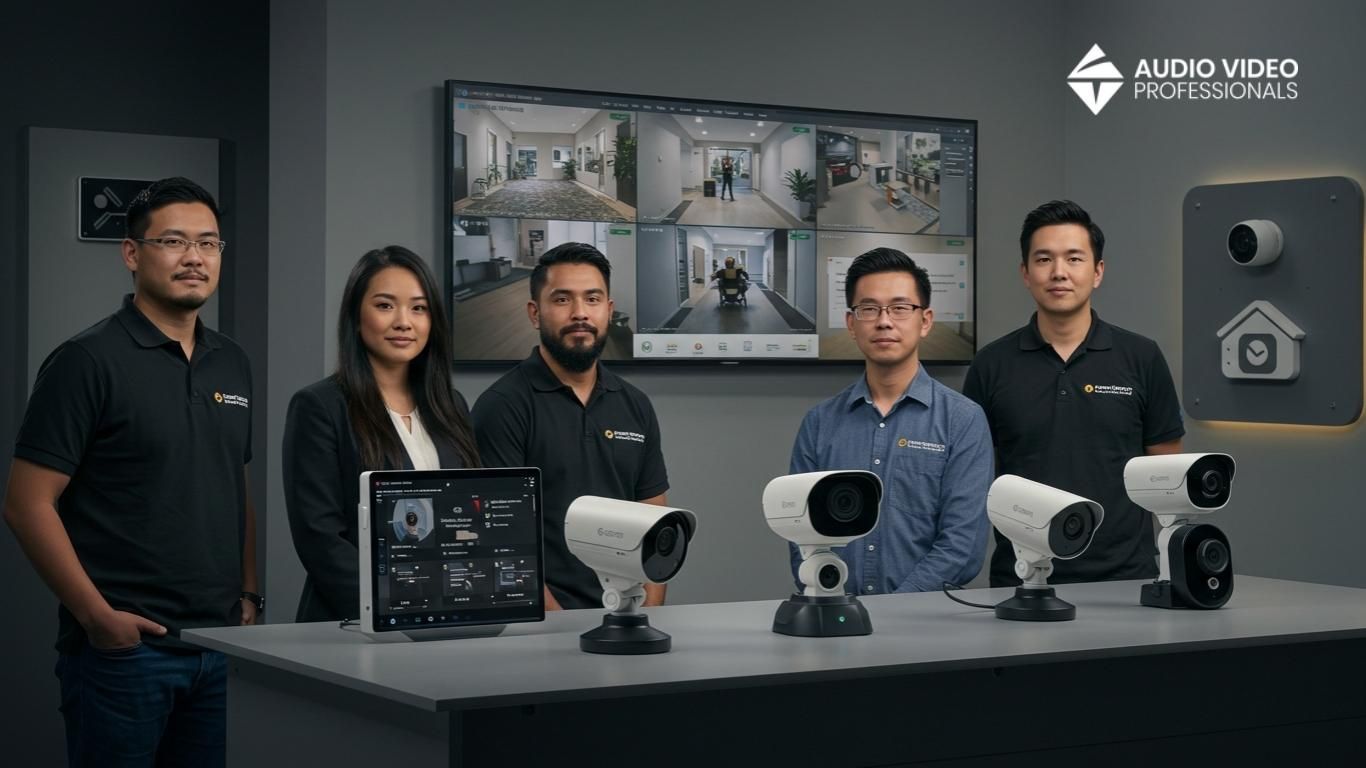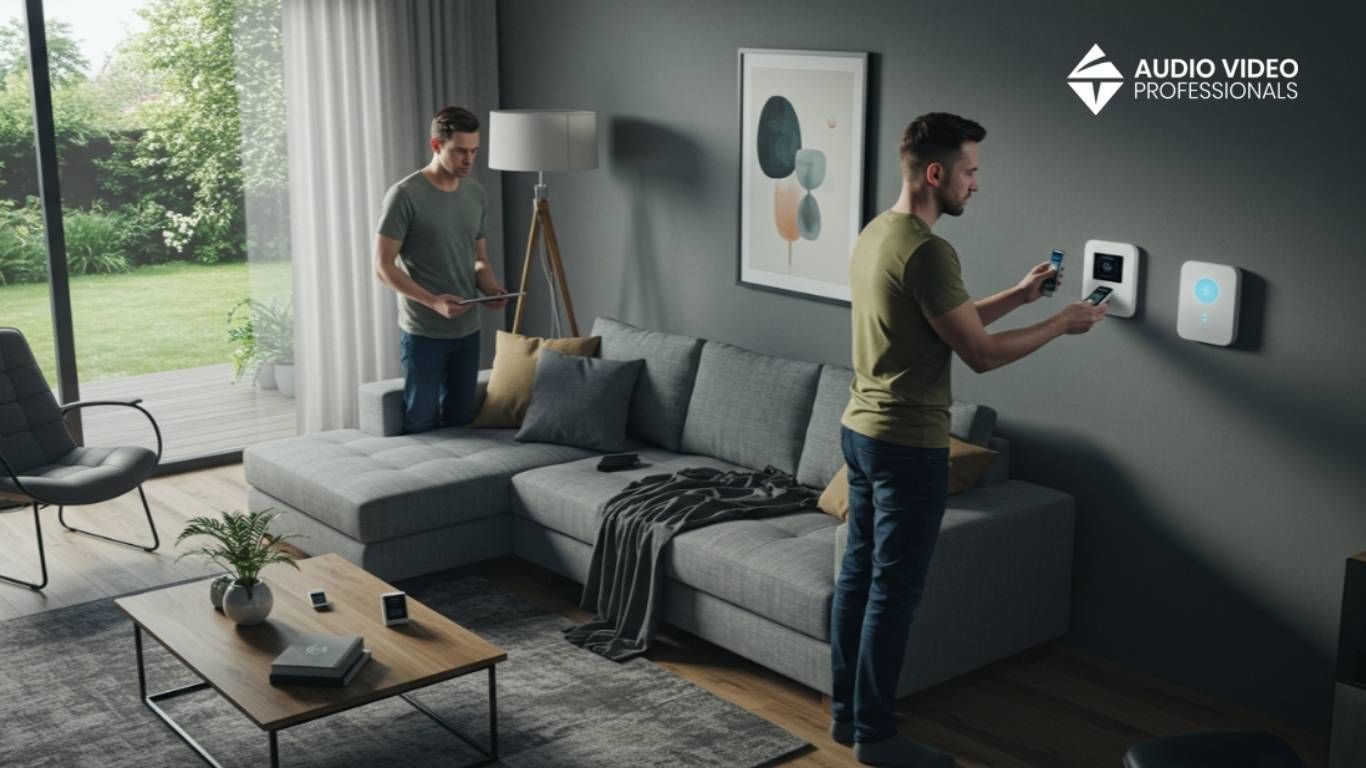What Gauge Speaker Wire for Home Theater
When it comes to setting up your home theater, every detail matters. One of the most overlooked aspects is choosing the right speaker wire. The correct gauge of Wire plays a critical role in sound quality and overall performance. In this guide, we'll dive into everything you need to know about selecting the best wire gauge for your home theater system.
What Is Speaker Wire Gauge?
Speaker wire gauge refers to the thickness of the Wire and is measured using the
American Wire Gauge (AWG) system. The smaller the gauge number, the thicker the Wire. For example, a 12-gauge wire is much denser than a 16-gauge wire. The thickness directly impacts how much current the Wire can carry, affecting sound quality. Thicker wires (lower gauge numbers) carry more current with less resistance.
The correct gauge ensures efficient signal transmission from your receiver to the speakers without losing audio quality. Choosing the right gauge could improve sound performance,
especially over long distances.
Why Is Gauge Important for Home Theater Systems?
The speaker wire gauge impacts sound quality and system performance in a
home theater setup. The main reason gauge matters is that it affects the Wire's resistance. The thicker the Wire, the less resistance it has, which means a clearer signal with better sound. Too much resistance, on the other hand, can cause signal degradation, leading to distorted sound.
Distance is also a factor. Over longer distances, a wire with a smaller gauge (thicker) will better maintain sound quality than a higher gauge (thinner). For most home theater setups, the goal is to minimize signal loss and maintain high-fidelity sound.
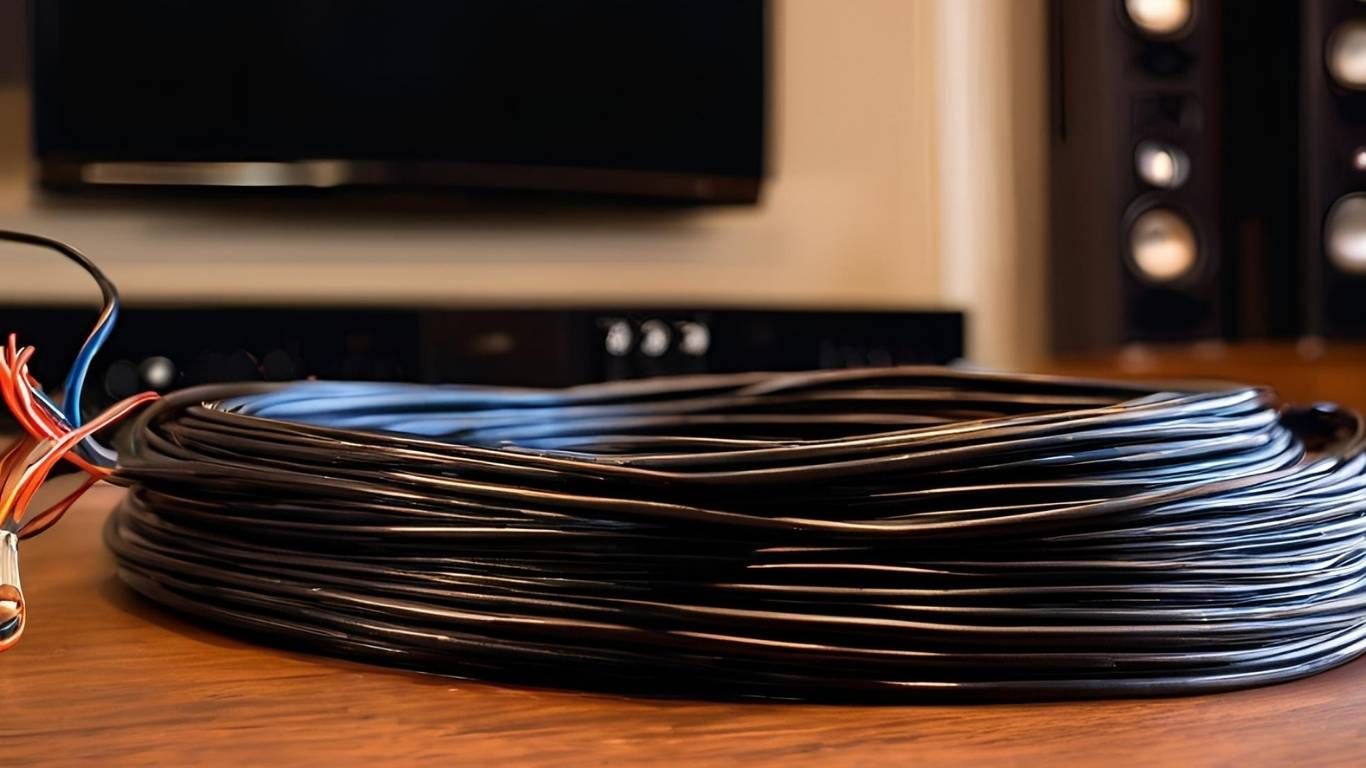
How to Choose the Right Gauge for Your Home Theater
Choosing the correct wire gauge depends on three main factors:
- Distance Between Receiver and Speakers: The longer the wire runs, the more resistance builds up, affecting audio quality.
- Power Output of the Amplifier: A higher-powered system demands a lower-gauge (thicker) wire to handle the power without distortion.
- Speaker Impedance: Lower impedance speakers (like 4-ohm speakers) require thicker Wire to minimize resistance.
Here's a breakdown of common wire gauges and their best uses:
- 12-Gauge Wire: This gauge is ideal for long runs (over 50 feet) and high-power systems. It is also perfect for low-impedance speakers that demand more power.
- 14-Gauge Wire is a versatile choice for most home theater setups with moderate power requirements and
- distances up to 50 feet.
16-gauge Wire is suitable for shorter distances (less than 25 feet) and smaller home theater systems that don't require much power.
Recommended Gauge for Different Speaker Types
In your home theater, not all speakers require the same wire gauge. Here's a guide based on speaker types:
- Front and Center Channel Speakers: These speakers usually require more power, so a 14-gauge or 12-gauge wire is recommended, especially if positioned farther from the receiver.
- Surround Sound Speakers: Since surround speakers often sit farther away, use a 14-gauge wire to maintain sound quality over distance.
- Subwoofer: A subwoofer demands more power due to the lower frequencies it produces. A 12-gauge wire is typically best for subwoofers, especially if it's more than 25 feet from the receiver.
How Does Distance Affect the Speaker Wire Gauge?
Distance is a critical factor when choosing the right speaker wire gauge. The longer the Wire, the more resistance it has, which can lead to a voltage drop, which diminishes the sound quality. Here's a simple guide:
- For distances up to 25 feet, use 16-gauge Wire.
- For distances between 25 and 50 feet, use a 14-gauge wire.
- For distances over 50 feet, use 12-gauge Wire.
This chart simplifies the decision-making process based on how far your speakers are from the receiver.
Distance
Recommended Gauge
Up to 25 feet
16-gauge
25-50 feet
14-gauge
More than 50 feet
12-gauge
What Happens If You Use the Wrong Gauge?
Using the wrong speaker wire gauge can negatively impact your home theater's performance. Here are some potential issues:
- Signal Degradation: A wire that's too thin for the distance can result in signal loss, reducing sound quality and muffled audio.
- Poor Sound Quality: High resistance from a thin wire can distort the sound, especially at higher volumes.
- Equipment Strain: Using a wire with too much resistance can cause your amplifier to work harder, potentially leading to overheating or long-term damage.
It's important to ensure you're using the correct gauge to avoid these issues and keep your system performing at its best.
Solid Core vs. Stranded Wire: Which Is Better?
Another decision when choosing speaker wire is to use solid core or stranded Wire. Here's a comparison:
- Solid Core Wire: This type of Wire is made from a single solid strand of copper. It offers slightly better conductivity but is less flexible, making it harder to install around corners or tight spaces.
- Stranded Wire: Stranded Wire consists of many small strands twisted together. It's more flexible and easier to work with, especially for home theater installations. While stranded Wire has slightly higher resistance than the solid core, the difference is negligible in most home theater setups.
Stranded Wire is the better choice for most home theater applications due to its flexibility and ease of installation.
Conclusion
Selecting the right gauge speaker wire for your home theater system is crucial for ensuring optimal performance and sound quality. Consider distance, power requirements, and speaker impedance to decide which gauge is best for your setup. Remember, using the right gauge wire reduces signal loss and enhances the overall experience of your home theater.
If you need professional assistance with your home theater installation, contact Audio Video Professionals for expert advice and services.
Frequently Asked Questions (FAQ) For What Gauge Speaker Wire for Home Theater
What gauge speaker wire should I use for a 4K home theater system?
For most 4K home theater systems, 14-gauge Wire is ideal. If the distance between your receiver and speakers exceeds 50 feet, opt for a 12-gauge wire to maintain sound quality.
Does wire quality affect sound quality?
Yes, the quality of the Wire can impact sound. Higher-quality wires with low resistance and high conductivity, like oxygen-free copper (OFC) wire, are ideal for maximizing sound quality.
Can I use regular electrical Wire for speakers?
It's not recommended. Electrical Wire is not optimized for audio transmission and may introduce interference or degrade sound quality over time. Use a dedicated speaker wire instead.
This blog is proudly brought to you by Audio Video Idaho, your trusted source for custom audio-visual solutions. Digital marketing support provided by Pro Growe, specialists in SEO and web presence for small businesses.

